Chimneys are one of the most important but least understood aspects of a home or property. They’re always at the top of your building, although they’re not always being utilized. While many people only think of their chimneys when using a fireplace or some sort of gas appliance, they’re constantly being used by nature. With chimneys being often ignored, it can be pretty surprising when your chimney starts leaking. So, let’s look at five common causes for a leaking chimney.
- Cracks in the Chimney’s Mortar and Cement
Most chimneys are built using stones, bricks, or concrete slabs put together with mortar, the whitish/sand colored paste in-between. While this usually stands up to years of weathering and erosion, the sand and cement mixture and eventually crack, whether from pressure or another source. A single crack in your chimney’s exterior likely isn’t going to do much damage. The issue is when multiple cracks appear or freezing causes water to expand within the cracks. When this happens, bricks themselves might crack or absorb water, which will fall into your property.
- A Cracked Chimney Crown
The chimney crown is the little piece of cement or other material, at the top of your chimney and the base of your flue pipe. This (usually) rectangular piece of cement works to prevent rain from seeping into your property or letting your chimney collapse into your home. If it becomes cracked, either from the same weathering or erosion in the above cause, water can seep in and mess things up. However, as a crown is horizontal and not vertical, water can rest, refreeze, or seep further, and potentially result in you needing to replace the crown entirely.
- Damaged Flashing
Chimney flashing is the aluminum, silicone, or concrete base to the aboveground portion of your chimney. This bit usually connects the chimney crown or top to your roof, working as both support and weather-proofing. As it’s usually made of aluminum, chimney flashing generally remains untouched. The issue lies in the waterproof tar used to seal the flashing. Over time, whether again from weathering or erosion, or potentially from animals, the tar can wear away, either disconnecting the flashing or opening it up. As flashing works as waterproofing, when it becomes damaged, it lets in all the water previously held back.
- Leaky Top Pans
Top pans are similar to chimney caps (the below cause), although they’re pretty different overall. These metal pans sit atop chimneys, protecting your chimney and the below space from excess water. Oftentimes, top pans work alongside chimney caps, collecting the water that drains from a smaller cap. The issue lies in the top pan’s lesser durability, as it’s usually a thin sheet of flat aluminum that covers a space. Over time, the material may rust or bend in from extended periods of rain, which can result in water actually actively moving towards the inside of your chimney.
- A Lack of (or a Poorly Fit) Chimney Cap
Chimney caps are the ultimate defense against anything outdoors. Birds, plants, water, wind; they’re all things that chimney caps are built to withstand. Of course, that doesn’t mean that they’re mandated. Many people don’t use chimney caps, either because they don’t use their chimney that often, haven’t had many problems, or find them too expensive. The issue is that an open chimney means anything can come into your home through your chimney. Alongside the potential for leaks, and open chimney can cause moisture damage, physical damage, animal damage, chemical damage, and more. Oftentimes, no chimney cap (or a poorly fit one, which lets in materials) leads to a blockage, which can result in carbon dioxide poisoning. There’s a lot that can go wrong.
That’s why we recommend you look into and invest in a properly fitting chimney cap. Master Caps offers eight unique styles of chimney caps, custom-tailored to fit your chimney. There’s a lot that can go wrong without a chimney cap, or even with an improper one, so it’s more than worth it to invest in one that works for you. Our team is standing by to accept any calls or messages, and we’re ready to give you a quote on a chimney cap that will protect your home from not only leakage, but also animals, debris, snow, rain, and much more. Master Caps is just a call or message away!

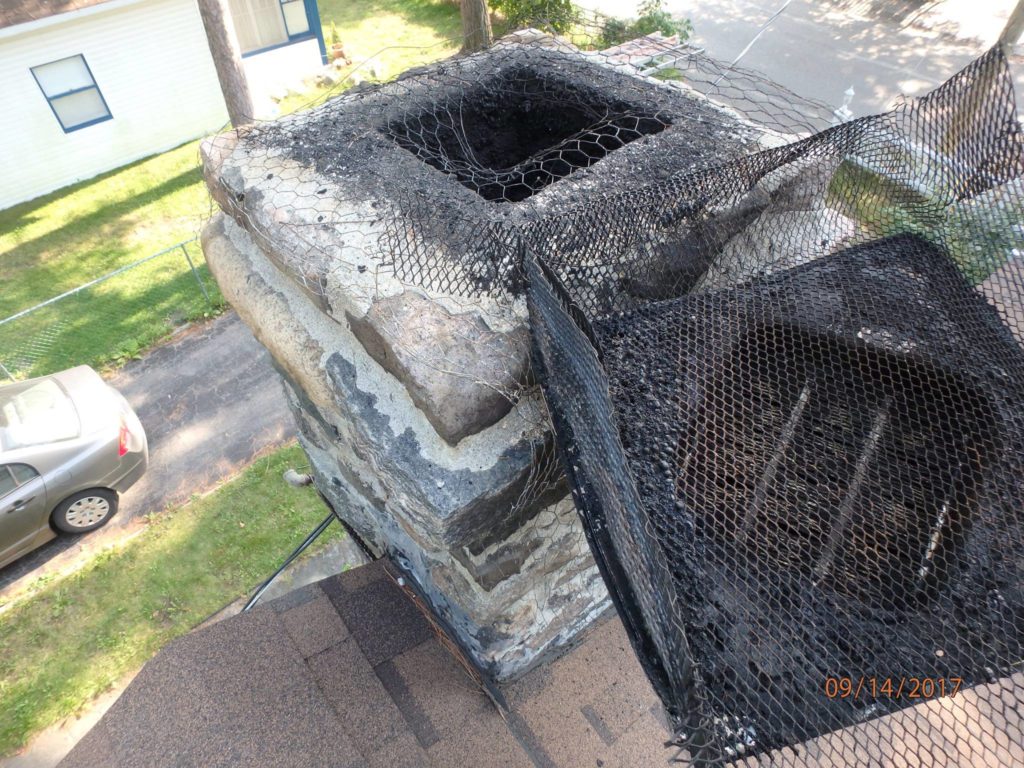
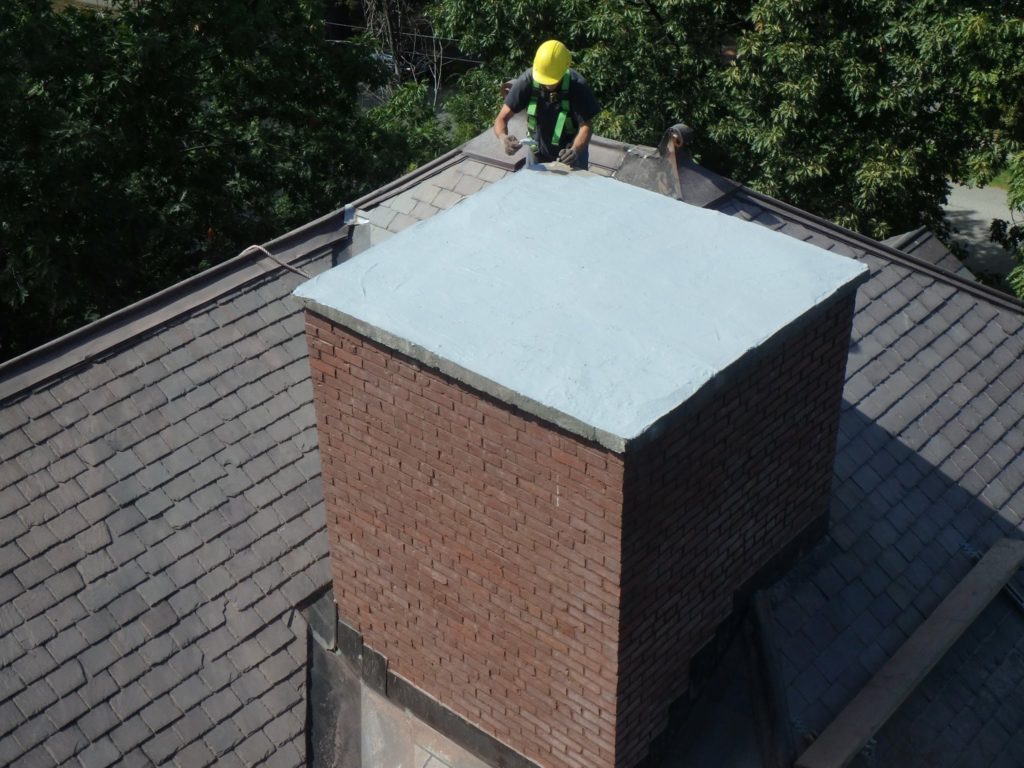
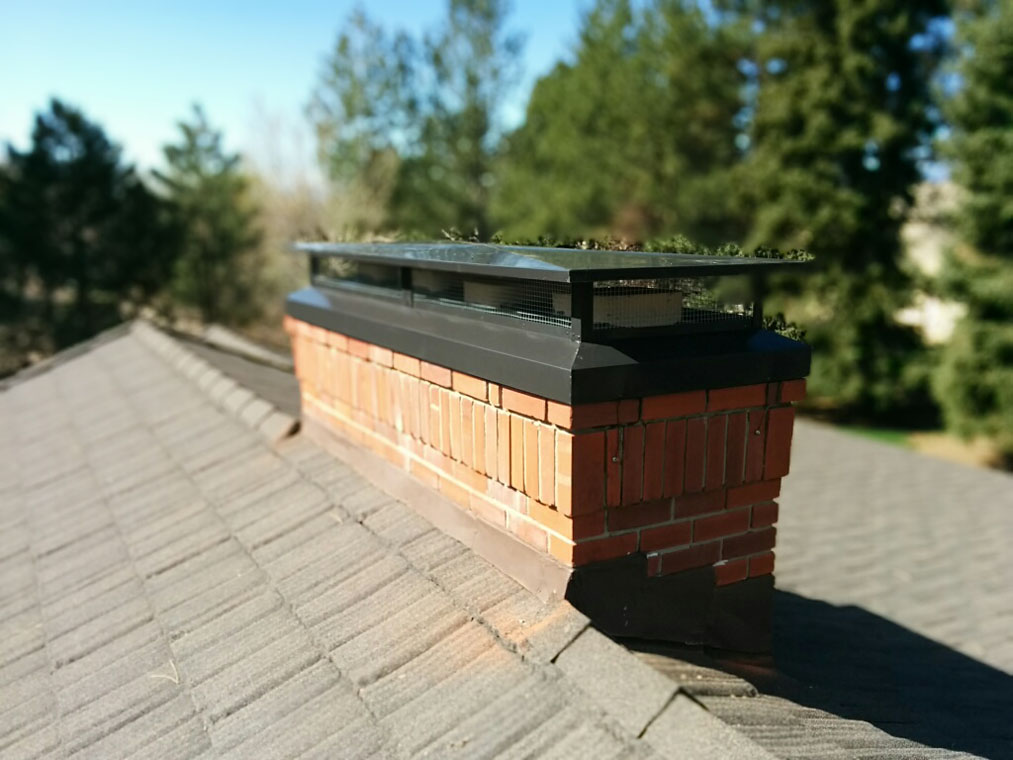
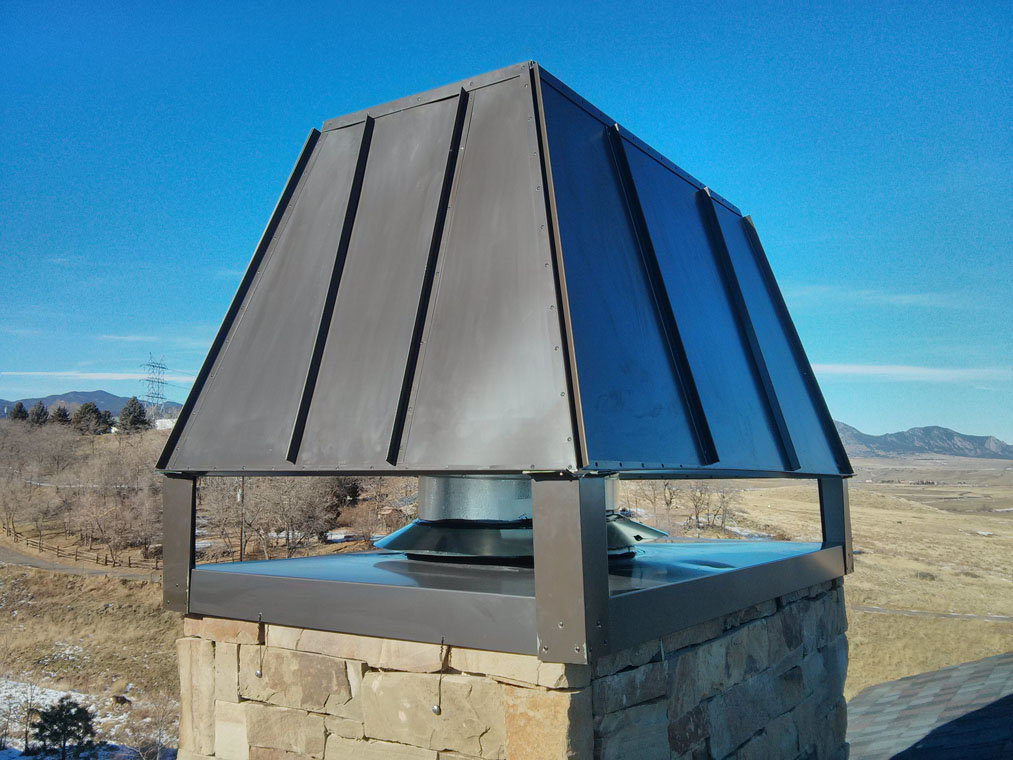
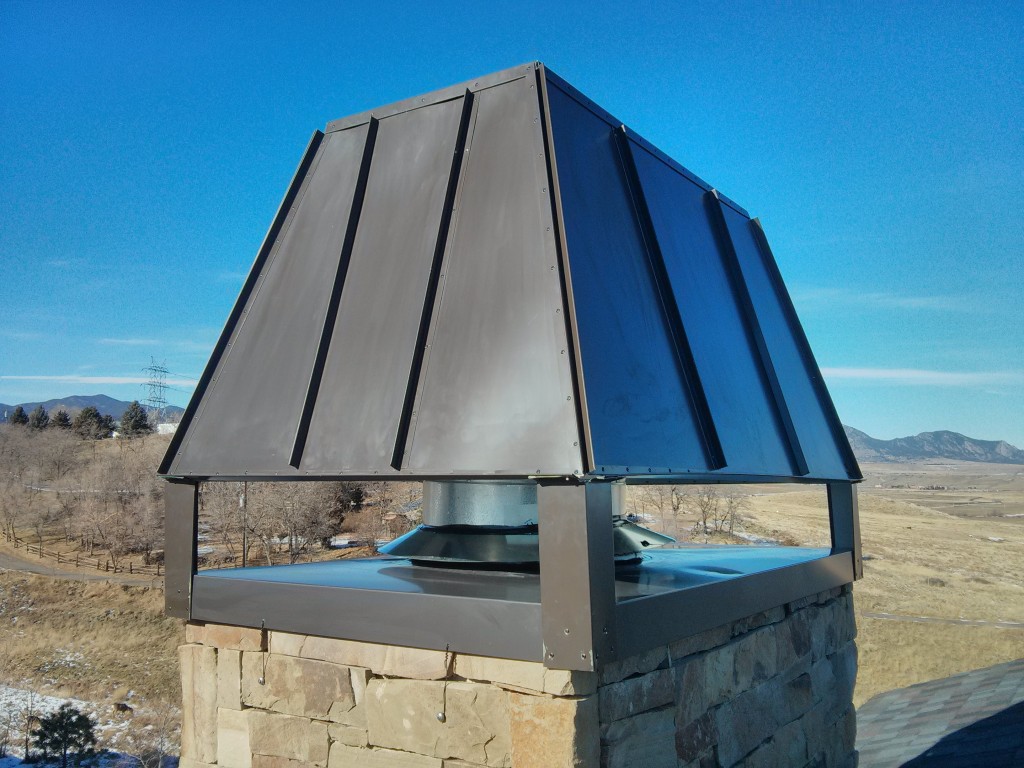
About The Author: Chad murray
More posts by chad murray